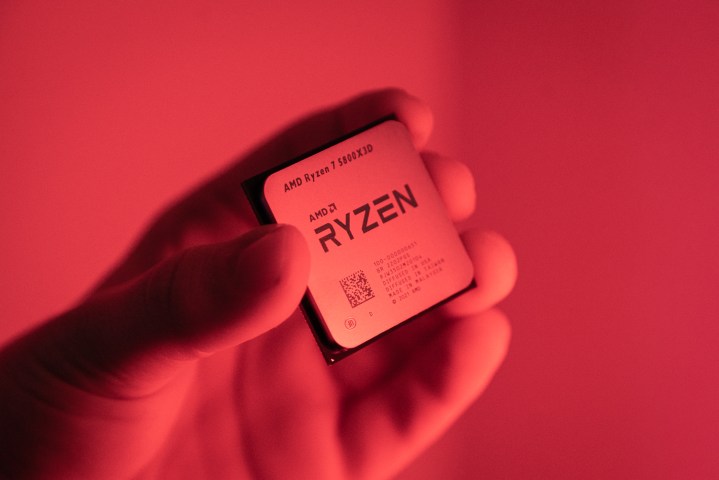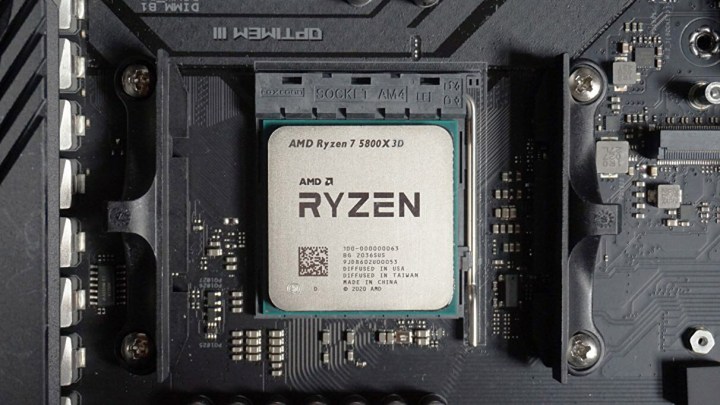It turns out that one of AMD’s best gaming CPUs, the Ryzen 7 5800X3D, can accidentally be killed if you try to overclock it, and it’s all because there are no limitations as to how far you can push the processor.
Igor Wallossek of Igor’s Lab found that the software used for overclocking and overvolting Ryzen CPUs currently doesn’t impose any limits when you try to ramp up the voltage. And that’s a recipe for turning a fun performance boost into an overclocking nightmare.

AMD’s Ryzen 7 5800X3D is still among the fastest gaming processors to date. While it’s no longer the only chip sporting AMD’s proprietary 3D V-Cache, it’s a powerhouse that can run the most demanding games seamlessly. The CPU has a massive 96MB of L3 cache combined with eight cores and 16 threads. The boost clock goes as far as 4.5GHz.
Newer 3D V-Cache chips, such as the Ryzen 9 7950X3D, allow some degree of overclocking through Precision Boost Overdrive (PBO). However, AMD has previously stated that the Ryzen 7 5800X3D was not fit to be overclocked. Doing so will most likely void your warranty. Of course, people have been overclocking the CPU anyway and increasing its maximum clock speed, but messing with the voltage can end badly, as has been proven by Igor’s Lab.
If the CPU is not meant to go beyond a certain voltage, it makes sense that any supporting software would block the user from trying it. However, Wallossek discovered that this is not the case, and it appears you can overvolt the chip to your heart’s content.
Having found this out, Igor managed to adjust the voltage once before finally pushing the chip beyond 1.3v and killing it for good. The computer immediately shut down and the chip is beyond repair. “Rest in peace, and let this be a reminder that there is now one more keychain in this world,” he said in his report.

If this was a problem with just MSI Center, it might have been less significant, although not any less perilous for the chip that paid the price. However, it has now been discovered that ASRock, Asus, and Gigabyte all allow this kind of overvolting in their respective software, meaning that the whole platform might be affected by this problem.
What does this mean for those who own the Ryzen 7 5800X3D? Not much beyond what AMD already said, which is that you shouldn’t mess with the voltage on that particular chip. It’s unclear when this might be fixed. Until then, many Ryzen 7 5800X3D owners can still kill their CPU at any given time, and it’s easier than ever.
Editors’ Recommendations
